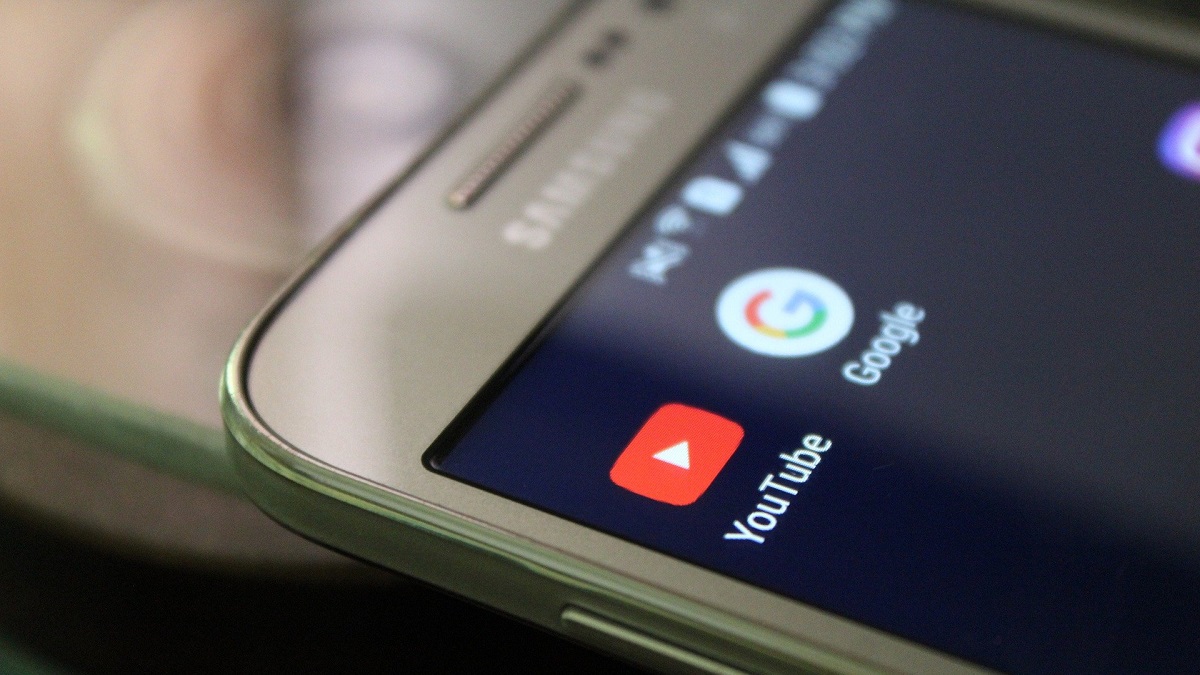
Google is reportedly serious about deploying solutions that respect Android smartphone users’ privacy. The company might deploy ‘Nutrition Labels’ as well as a few anti-tracking techniques along the line of Apple App Privacy Labels on the Google Play Store.
Following Apple’s lead, Google too might ask developers to submit information for Privacy Labels. These informational snippets exposing the data collection avenues, and quantum could make their way into the Google Play Store Android Apps.
Google working on ‘Privacy Sandbox’ to limit Android users’ data being exposed and harvested?
There’s no concrete information about Google’s commitment along the lines of Apple Inc. However, reports indicate Alphabet Inc. unit is seeking input from these stakeholders.
A Google spokesman said in a statement, “We’re always looking for ways to work with developers to raise the bar on privacy while enabling a healthy, ad-supported app ecosystem.”
#News #Android #Android43 Google is working on its own privacy ‘nutrition’ labels for the Play Store https://t.co/WiNZG1bMxz pic.twitter.com/vS14O8u3E7
— AIVAnet (@aivanet) February 5, 2021
Apparently, Google is thinking about deploying a solution that’s similar to a new privacy standard for web browsing called the Privacy Sandbox. As reported earlier, the platform essentially restricts apps within a virtual perimeter.
It is quite likely that whatever solution or solutions that Google comes up with, will be much less rigid and a lot more flexible compared to Apple Inc. Moreover, Google would present users with much fewer security prompts.
Google earns more than $100 Billion per year from digital ad sales. Needless to add, Google has a deeply vested interest in helping partners to continue generating revenue. And the primary way to do so is by targeting ads to Android device users and measuring the performance of the promotional material.
Will Google truly follow Apple in the latter’s crusade for user privacy with Privacy Labels?
According to a new report by Bloomberg, Google is doubling down on user privacy. The report even indicates the search giant is exploring an alternative to Apple Inc.’s new anti-tracking feature.
It might appear that the Internet Industry in general, and Google in particular, is slowly embracing user privacy. However, companies like Facebook, Google, etc. are driven primarily by advertising, and not physical products.
In other words, Apple produces hardware and software and earns the majority of its revenue from physical sales of products. Meanwhile, companies like Facebook, Google, etc. rely heavily on users and advertising.
probably
RT @Thomasbcn: Google's iOS apps release cycle before & after Apple asks to disclose privacy labels.
Thie pattern is probably just a coincidence. We all know "transparency forms the bedrock of [their] commitment to users"… pic.twitter.com/vWvoujeQDI
— R61•east (@aemusic) February 5, 2021
Talking about Google, in particular, the company’s primary business or revenue source depends on understanding consumers. Needless to add, this involves knowing their expectations, aspirations, needs, wants, etc. Hence, user data is paramount.
Under such circumstances, deploying stringent App Privacy Nutrition Labels and anti-tracking features on Android smartphones would be severely detrimental to Google. Incidentally, Facebook is facing the same dilemma.
Report: Google considering an iOS-style anti-tracking feature for Android https://t.co/XhkpM06bUj #privacy
— 🅔🅝🅒🅔🅓🅞 (@encedo) February 5, 2021
Both the companies tried their own techniques to counter Apple’s App Privacy Labels as well as its anti-tracking security prompt. While Google’s techniques were subtle, Facebook took on a more proactive stand to get people to accept tracking.
Interestingly, the Bloomberg report clearly mentions that Google is trying to balance the rising demands of privacy-conscious consumers with the financial needs of developers and advertisers. Needless to conclude, the company will have to work hard to strike a meaningful balance.


